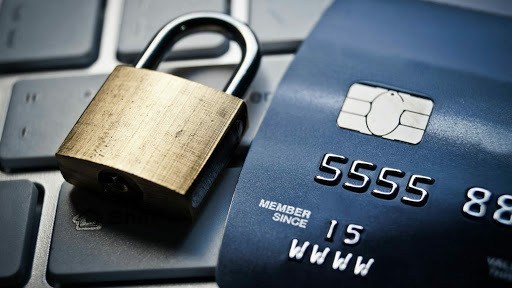Secured Credit Card
In today’s financial world, credit plays a crucial role in our daily existence. Secured credit cards are an effective tool for people who are just starting out with credit or who want to raise their credit scores. This blog will explore the topic of secured credit cards, including its definition, advantages, selection criteria, and practical usage advice.
What is a Secured Credit Card?
A credit card that needs a security deposit as collateral is known as a secured credit card. By serving as a safety net for the lender, this deposit lowers their risk and makes credit cards available to people with spotty or non-existent credit histories. A secured card’s credit limit usually corresponds to the amount of the deposit.
Benefits of Secured Credit Card
Rebuild Credit: Secured credit cards are intended for those who want to establish credit again or for those who don’t have any credit history. Your credit score gradually rises as a result of timely payments and consistent use, which are reported to credit bureaus.
Transfer to Unsecured Cards: After exhibiting appropriate credit behaviour, a number of secured credit card issuers provide their customers with the option to switch to an unsecured card. This frequently entails giving the original deposit back.
Control Overspending: You have an inherent safety against overspending because the credit limit is linked to your deposit, which makes it simpler to handle your money and stay out of debt.
How to Choose the Right Secured Credit Card
Deposit Requirements: Check the minimum and maximum deposit amounts for the requirements. Certain cards have higher deposit requirements, which not everyone can afford.
Fees: Pay attention to monthly maintenance costs, application fees, and annual fees. While some secured cards have low fees, some may have high costs.
Interest rates: For secured credit cards, there can be a wide range in the annual percentage rate, or APR. It’s advisable to be aware of the rate even if it’s preferable to pay off your balance in full each month to prevent incurring interest.
Tips for Using a Secured Credit Card Effectively
Pay on Time: Establishing a solid credit history mostly depends on timely payments. Establish automated payments or reminders to make sure you never forget a deadline.
Keep Balances Low: To maintain a healthy credit utilization ratio, try to use less than 30% of your credit limit. A high utilization rate might be detrimental to your credit rating.
Watch Your Credit:Make sure your credit reports are accurate on a regular basis, and keep tabs on your advancement. This can assist you in identifying mistakes and comprehending how your routines are influencing your rating.
Increase Your Credit Limit Gradually: Establishing a solid credit history mostly depends on timely payments. Establish automated payments or reminders to make sure you never forget a deadline.
Conclusion:
Credit repair or establishment can be facilitated by the use of secured credit cards. You can set yourself up for a better financial future by being aware of their advantages, selecting the appropriate card, and using it sensibly. Recall that using a secured credit card responsibly, making your payments on time, and keeping track of your credit history are essential for success. A secured credit card might be the first step in reaching your financial objectives if you have perseverance and self-control.
